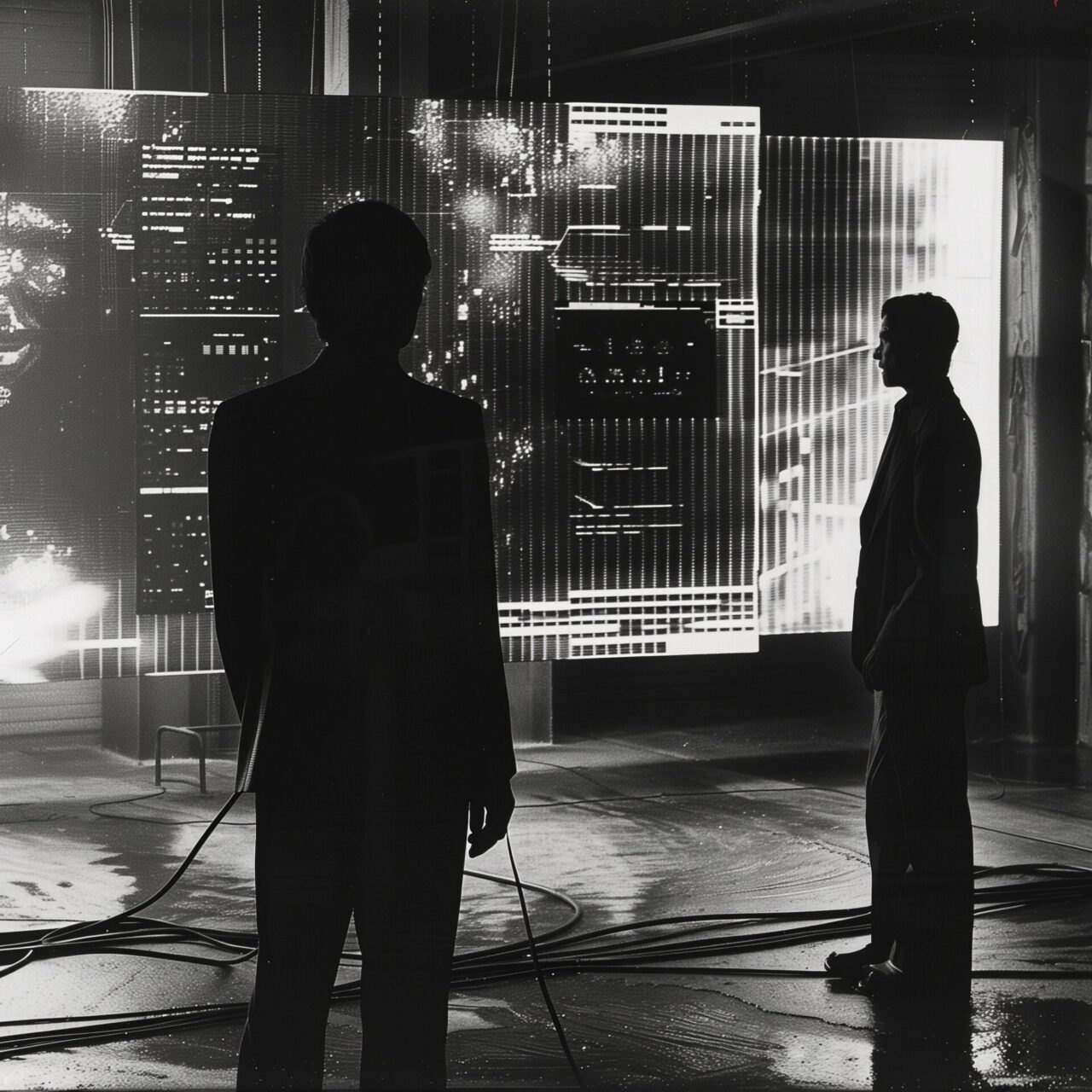
Linguistic reverberations
George Orwell’s dystopian novel “1984”, published in 1949, unfolds a visionary and frighteningly precise prognosis of totalitarian encroachment characterised by linguistic manipulation and surveillance. Orwell’s linguistic imprints and quotations have not only influenced the literary field, but have also left far-reaching traces in films, music, politics and social discourse. The following analysis highlights some of the most pithy quotes from “1984” and their adoption and adaptation in various cultural manifestations.
“Big Brother is watching you”
Probably the most famous quote from “1984” has become synonymous with state surveillance and the loss of privacy. “Big Brother is watching you” epitomises the omnipresent surveillance by an authoritarian power. This quote has been taken up many times in pop culture, from posters at political protests to films such as “The Lives of Others”, which depicts Stasi surveillance in East Germany. In the modern digital era, where privacy and surveillance by governments and large tech companies are constantly being discussed, the quote remains frighteningly relevant.
“War is peace. Freedom is slavery. Ignorance is strength.”
This paradoxical triad, which summarises the doctrinal principles of the party-state in “1984”, illustrates the perverse logic of totalitarian propaganda. The phrase can be found in discourses that justify acts of war or in which political leaders attempt to present censorious measures as security necessities. The term has been used in various critical analyses and satirical works, such as Terry Gilliam’s “Brazil”, to underline the absurdity of bureaucratic and authoritarian systems.
“Doublethink means the power of holding two contradictory beliefs in one’s mind simultaneously, and accepting both of them.”
The concept of “doublethink” has become a central term in the discussion about cognitive dissonance and the politics of “alternative facts”. In political rhetoric, this principle often becomes visible when obviously contradictory statements are simultaneously presented as true. Cultural works, such as the film “Inception”, similarly play with the idea that two contradictory realities can exist simultaneously.
“If you want a picture of the future, imagine a boot stamping on a human face-forever.”
This bleak picture of the future has found resonance in numerous post-apocalyptic and dystopian works. Films such as “V for Vendetta” and “The Hunger Games” depict similar visions of oppression and rebellion. This depiction serves as a cautionary tale, illustrating the potential consequences of autocratic governments and acting as a catalyst for social and political mobilisation.

Orwell’s “1984” has provided a linguistic and conceptual map that continues to shape artistic and political narratives to this day. Orwell’s linguistic constructions have evolved into cultural signifiers that serve to articulate and criticise complex political and social truths. These quotations act as critical instruments in a world where the issues of freedom, truth and authority are constantly being renegotiated. Orwell’s work remains an indispensable point of reference for any discourse on freedom, power and the conditions of human existence in a surveilled state.
*In acoustics, reverberation refers to the persistence of sound after it has been produced. This effect occurs when a sound or signal is reflected. Numerous reflections build up and then decay as the sound is absorbed by the surfaces of objects in the room. These objects can be furniture, people and even the air.


